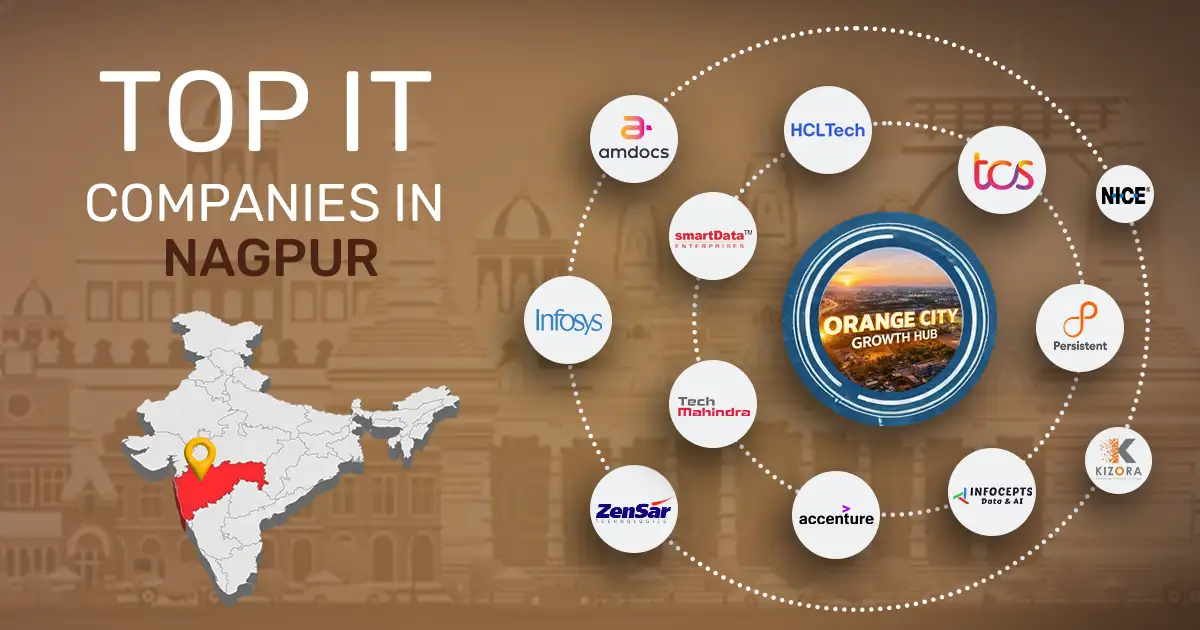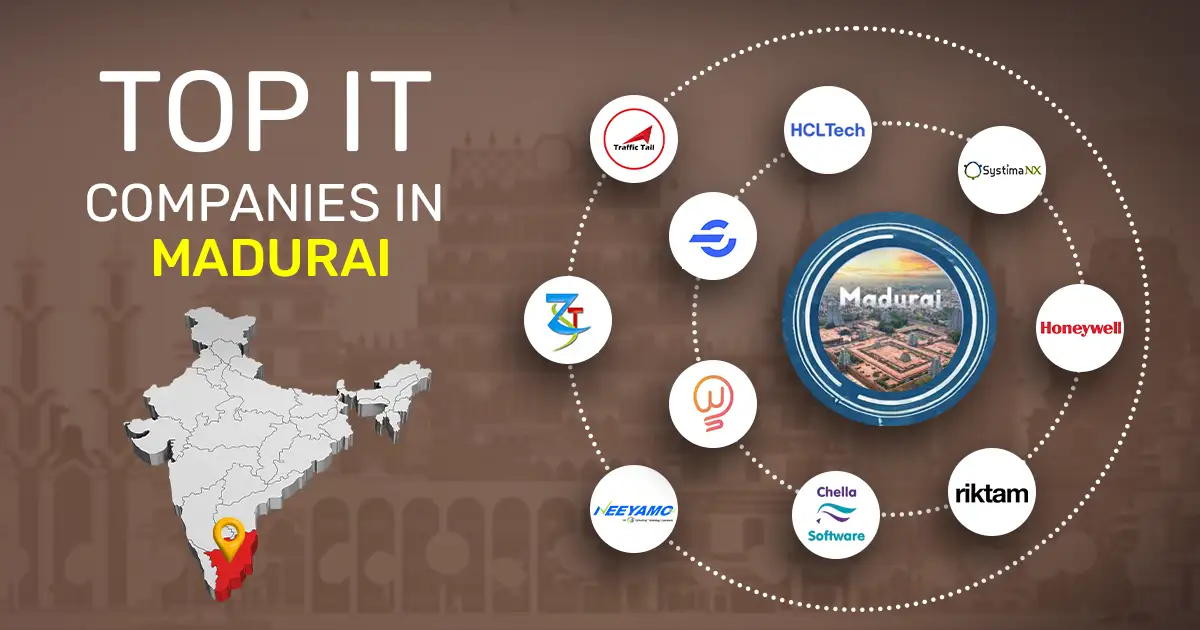
Introduction
Imagine waking up to multiple order notifications on your phone—your online store is making sales while you sleep. That’s the magic of selling online! In today’s digital era, setting up an online store is one of the most promising and profitable ventures. The global e-commerce market is expected to hit $7.5 trillion by 2025, and Shopify is the platform of choice for entrepreneurs worldwide. Shopify has over 4.5 million active stores, with entrepreneurs using it to build and scale their online marketplace.
Creating a successful online store on shopify involves more than just listing products online. It’s about designing an engaging shopping experience for your customers. Whether you’re selling handmade jewelry, tech gadgets, or digital courses, having a structured plan is key. This Shopify guide will walk you through the steps to start your online store, covering everything from legal requirements and marketing strategies to overcoming common challenges. With this guide, you’ll be on your way to building a profitable online store.
What is an Online Store?
An online store is a digital platform where businesses sell products or services to customers over the internet. Unlike physical stores, virtual stores operate 24/7, giving you a global reach without the high overhead costs of brick-and-mortar establishments. One of the most popular platforms for creating a virtual store is Shopify, an all-in-one e-commerce solution that helps entrepreneurs design, launch, and manage their business from anywhere in the world.
Benefits of Selling Online
Selling online has a range of benefits that make it an attractive option for entrepreneurs:
- Lower Operational Costs: Unlike physical stores, virtual stores have significantly lower operational costs. You don’t need to rent a storefront, hire staff, or manage physical inventory if you opt for dropshipping.
- Global Reach: An online store can reach customers worldwide. You can cater to a global audience without geographical restrictions.
- Data-Driven Insights: With tools like Shopify Analytics and Google Analytics, virtual stores can gather detailed data to inform business decisions.
- Scalability: Virtual stores can scale quickly. Whether you’re just starting or running a large enterprise, Shopify helps businesses expand with minimal barriers.
- Multi-Channel Integration: You can integrate your online store with various sales channels like Amazon, Facebook, and Instagram for increased visibility.
Features of an Online Store
A well-built online marketplace includes several features to ensure that it’s user-friendly, secure, and optimized for sales. Here are the key features of an online store:
- User-Friendly Interface: Ensure your virtual store is easy to navigate, with clear categories, search functionality, and intuitive design.
- Secure Payment Gateways: Integrating trusted payment gateways such as PayPal, Stripe, and Shopify Payments ensures smooth and secure transactions.
- Mobile Optimization: Over 70% of e-commerce transactions happen on mobile devices, making mobile optimization critical for your online store.
- SEO and Marketing Tools: Shopify and other e-commerce platforms offer built-in SEO and marketing solutions to help you attract traffic and convert visitors into customers.
- Inventory and Order Management: Automated inventory tracking, order management, and shipping tools help you keep track of stock levels and manage orders efficiently.
How an Online Store Differs from a Physical Store
The following are the ways that an online store and a physical store differ:
| Feature | Online Store | Physical Store |
| Operating Hours | 24/7 | Limited to store hours |
| Customer Reach | Global | Local or regional |
| Overhead Costs | Low | High (rent, utilities, etc.) |
| Scalability | Easy to scale | Challenging to scale |
| Data Analytics | Advanced (traffic, sales,etc.) | Limited insights |
Why Shopify is the Best Platform for an Online Store
1. Ease of Use
Shopify offers a drag-and-drop interface that requires no coding knowledge, making it perfect for beginners starting a virtual store. You can launch your online marketplace quickly and easily.
2. Scalability
Whether you’re just starting or running a large-scale business, Shopify can grow with you. It’s an ideal platform for entrepreneurs looking to scale their online store.
3. App Integration
Shopify offers thousands of apps to enhance the functionality of your online marketplace. These apps cover everything from marketing automation to inventory management.
4. Security and Reliability
Shopify ensures your virtual store is always available with a 99.99% uptime guarantee and PCI-compliant payment processing to protect your business and customers.
5. Multi-Channel Selling
Shopify allows you to sell on multiple platforms, including social media channels (Facebook, Instagram), online marketplaces (Amazon), and your website, all from a single dashboard.
Key Steps to Start an Online Store on Shopify
1. Choosing the Right Business Model
There are several business models to choose from when starting an online store. Each model has its advantages, depending on your business goals and product offerings:
- Dropshipping: Sell products without holding inventory. You only buy items when customers place an order.
- Private Labeling: Brand products from suppliers and sell them as your own.
- Wholesale: Purchase products in bulk and resell them for a profit.
- Subscription Model: Offer products on a recurring basis, providing steady cash flow.
2. Finding a Profitable Niche
Choosing the right niche is vital for your virtual store’s success. To identify profitable niches:
- Use Google Trends to analyze product popularity.
- Conduct competitor analysis with tools like Ahrefs and SEMrush.
- Focus on high-demand, low-competition products to stand out.
3. Setting Up Your Shopify Store
Once you’ve chosen your business model and niche, it’s time to set up your online store:
- Sign up for Shopify: Choose a plan based on your business needs.
- Select a domain name: Pick a name that reflects your brand and is easy to remember.
- Customize your store: Use Shopify themes to create a visually appealing storefront that aligns with your brand identity.
- Add products: Upload high-quality images and optimize descriptions with relevant keywords.
4. Setting Up Payment and Shipping
Make it easy for customers to pay and receive their products:
- Integrate payment gateways like PayPal, Stripe, or Shopify Payments.
- Set up shipping rates and choose reliable shipping partners for domestic and international deliveries.
5. Optimizing for SEO and User Experience
SEO is crucial for driving organic traffic to your online store:
- Use primary keywords like “start an online store” in your titles, descriptions, and meta tags.
- Optimize your store’s speed using apps like PageSpeed Monitor to improve user experience and reduce bounce rates.
Legal Requirements and Business Registration for Online Stores
Starting an online store requires legal compliance. RegisterKaro offers easy registration for the following:
- Company Registration: Choose between a Private Limited Company, LLP, or Sole Proprietorship.
- GST Registration: Necessary for tax compliance if your revenue exceeds the threshold.
- Trademark Protection: Safeguard your brand’s intellectual property.
Visit RegisterKaro for hassle-free registration and tax compliance.
How to Market and Scale an Online Store?
1. Paid Advertising
- Google Ads: Target high-intent keywords related to your products.
- Facebook & Instagram Ads: Use social media targeting to reach your ideal audience.
- TikTok Ads: Engage with a younger demographic using viral video content.
2. Content Marketing
- Start a blog using Shopify’s built-in blogging platform to drive organic traffic.
- Create video content for YouTube, TikTok, and Instagram Reels to engage users.
- Partner with influencers to promote your products and grow your brand.
3. Email and SMS Marketing
- Use Klaviyo or Mailchimp to automate email campaigns and nurture leads.
- Implement SMS marketing to drive sales and encourage repeat purchases.
Common Challenges and Solutions in Running an Online Store
1. High Competition
Solution: Differentiate your brand by offering unique products, exceptional customer service, and strong branding.
2. Cart Abandonment
Solution: Use retargeting strategies like email reminders and offer discounts to encourage abandoned cart conversions.
3. Website Traffic but Low Sales
Solution: Improve product descriptions, site speed, and user experience to convert more visitors into customers.
4. Managing Customer Expectations
Solution: Use AI chatbots and personalized emails to engage customers and address their concerns.
5. Handling Returns and Refunds
Solution: Set clear return policies and streamline the refund process to build trust with customers.
Conclusion
Starting an online store on Shopify can be a highly rewarding business venture. By following the steps outlined in this Shopify guide, you’ll be well on your way to creating a successful e-commerce business. From setting up your store to marketing it effectively, Shopify provides the tools and resources to help you scale. For legal and tax compliance, RegisterKaro simplifies business registration, ensuring you stay on the right track as you grow your online store.
RegisterKaro helps streamline the legal process for your online store, making sure you’re compliant with all necessary regulations. From company registration to GST and trademark protection, RegisterKaro takes the hassle out of setting up your business. Start your entrepreneurial journey today!
Frequently Asked Questions
A: Shopify plans start at $29/month, with additional costs for apps and marketing.




